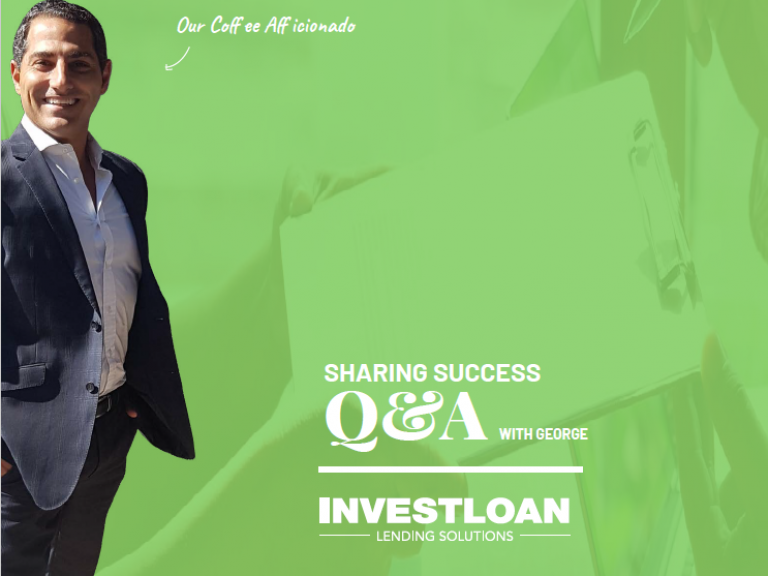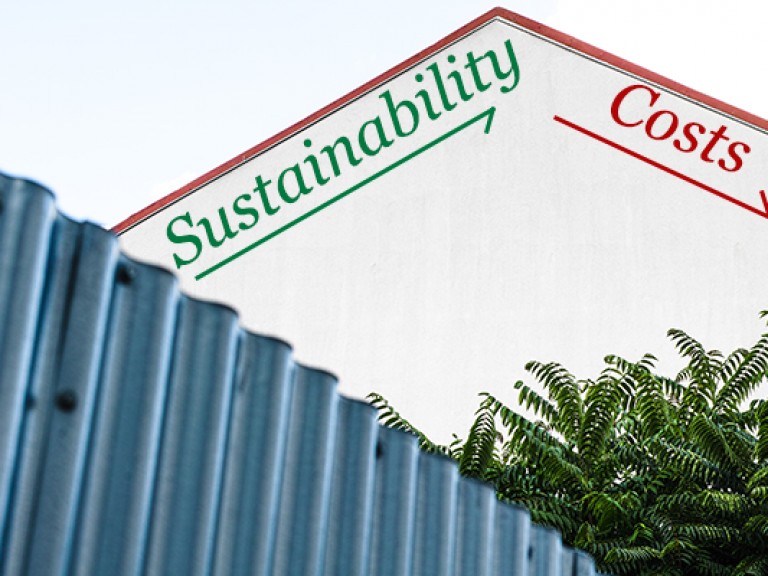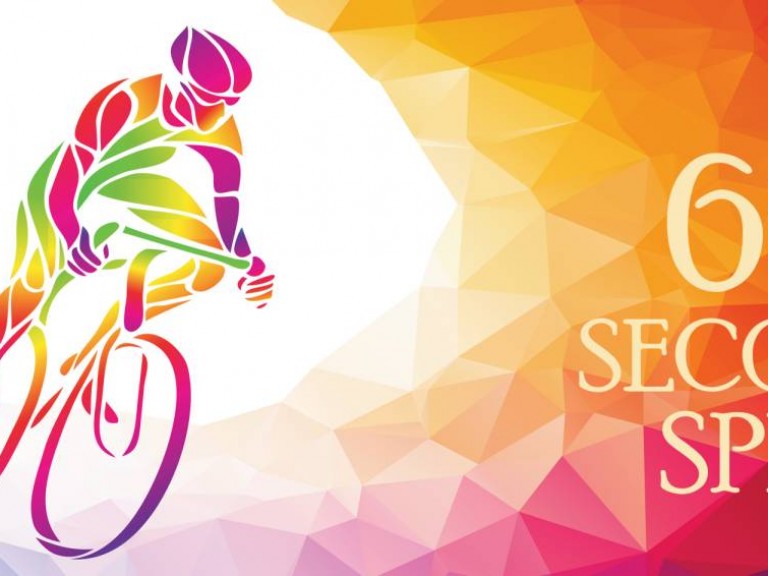
Every year I enjoy my summer break by catching up with family and friends, moving from one barbecue to another. Every year there is a ‘buzz’ word/topic; one common topic that is inescapable, following me from one barbecue to another with everyone sharing their experiences and opinions on it.
In years gone by, those ‘buzz’ words/topic have been new products or services such as Airbnb, Uber, Spotify, Waze and Uber Eats.
This year, the buzz word was ‘Bitcoin’ or ‘Cryptocurrency’. I simply couldn’t escape it.
I had everyone from my best mate to my barber bring it up.
Some of you might be wondering “what is Bitcoin?” I did some research online and it is a form of currency, except decentralized and secured via an encryption technique called cryptography. Bitcoin is one of the first cryptocurrencies produced.
Still not making sense?
Here is what I got from my girlfriend’s cousin’s boyfriend Tim (as I said, I literally could not escape it) who had just told me how he had managed to turn $2,000 into $4,000 in 24 hours by investing in a Cryptocurrency:
‘It’s just a digital cash system, same as Australian or US dollars except without the paper.’
What that told me was that Tim has no better understanding of Cryptocurrencies than I do. Nevertheless, I asked him a further question, being “what determines the value of the Cryptocurrency?”
His answer to that one:
“Well, it’s just like the US and Australian exchange rate, it’s determined by supply and demand.”
The problem with his explanation is:
1. Australian and US currencies are underpinned by the security of the paper itself and gold, as well as millions and millions of daily transactions; and
2. Australian and US exchange rate, while determined by supply and demand, involves buyers and sellers of those respective currencies attributing a certain value to the currencies. Owners of the currency will be a buyer or seller of that currency depending on what they think the currency is worth. What they think the currency is worth will depend on their interpretation of country’s economic data (think inflation, GDP, interest rates).
So I don’t see how it’s ‘just like the US/AUD exchange rate’ at all.
Investing in Bitcoin and other Cryptocurrencies, to me, is no different to gambling on the Melbourne Cup. Tim is no different to my friend Chris who studies the Melbourne Cup form guide every morning before the big race, probably not understanding most of it, before giving me his ‘sure thing’ as the Cup winner. Chris and Tim are both speculators, not investors.
In fact, I would say ‘investing’ in a Cryptocurrency is more risky than gambling because, unlike the horse racing industry, Cryptocurrencies are not regulated. That means it’s not illegal to conduct insider trading or manipulate the market.
Other than putting my patriotic $20 on the Melbourne Cup each year (by the way, Chris is yet to give me a winner), I don’t bet or gamble. For that reason, I won’t be ‘investing’ (read gambling) in Cryptocurrency.
What works for me is to spend less than 70% of my take-home pay, save the rest, and put any savings I have into buying land that meets the 7 Steps criteria. I’m going to stick with that.
A cautionary tale: look up ‘tulip mania’, the first recorded ‘speculative bubble’ whereby tulip bulbs were traded for as much as a house before they crashed. It reads a lot like the current Bitcoin craze to me… didn’t end well for most.








